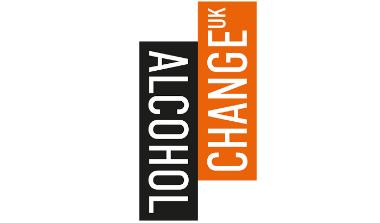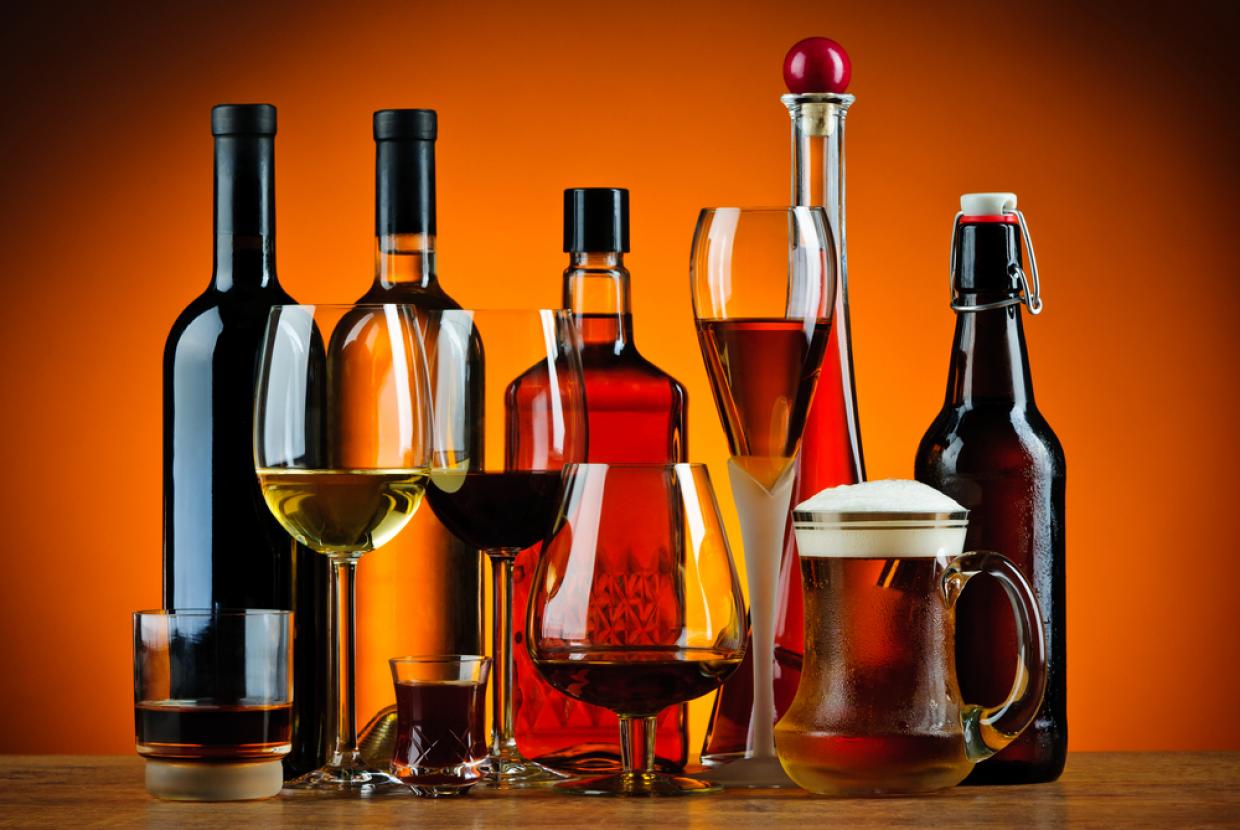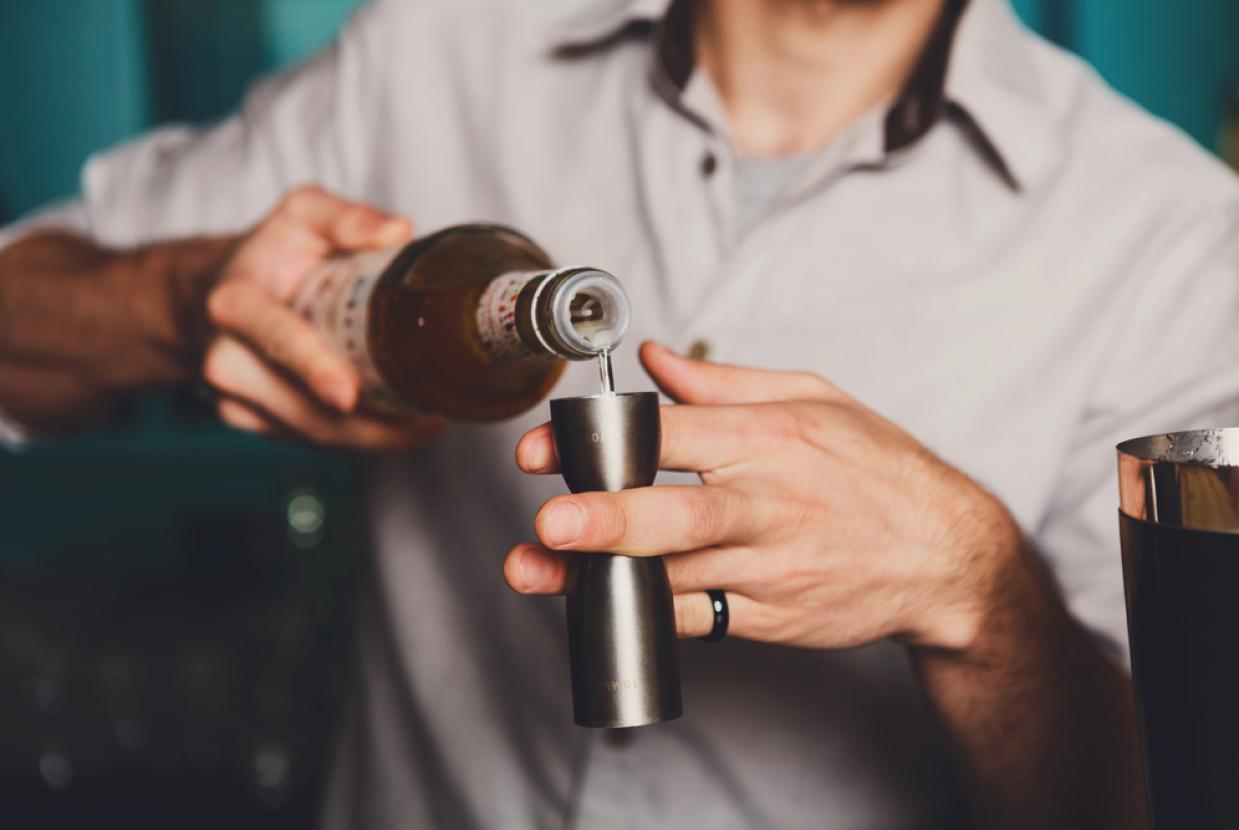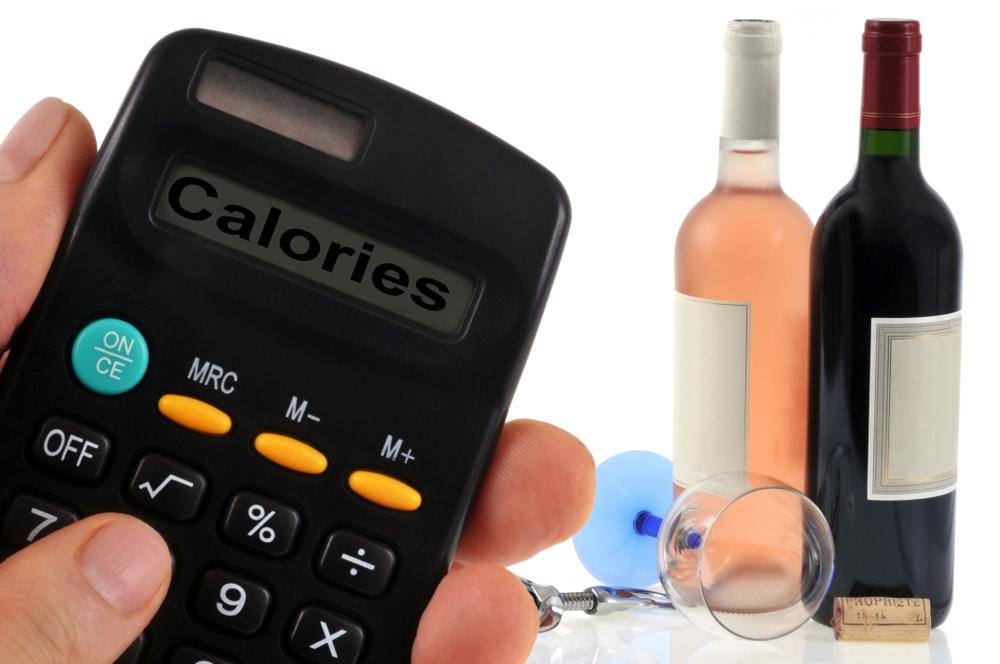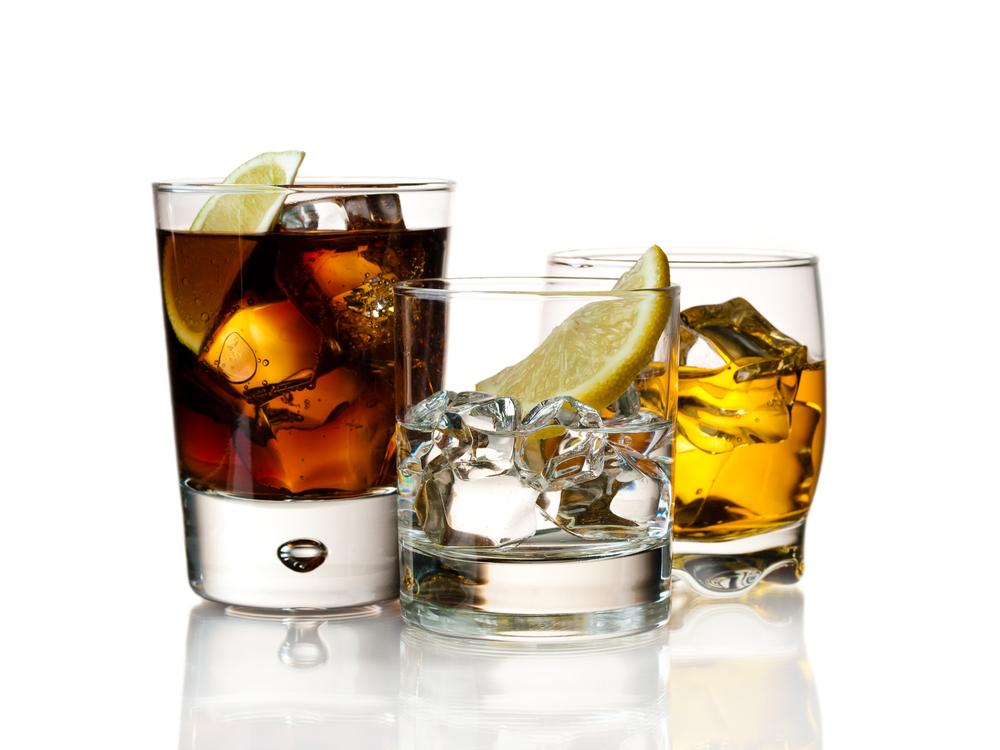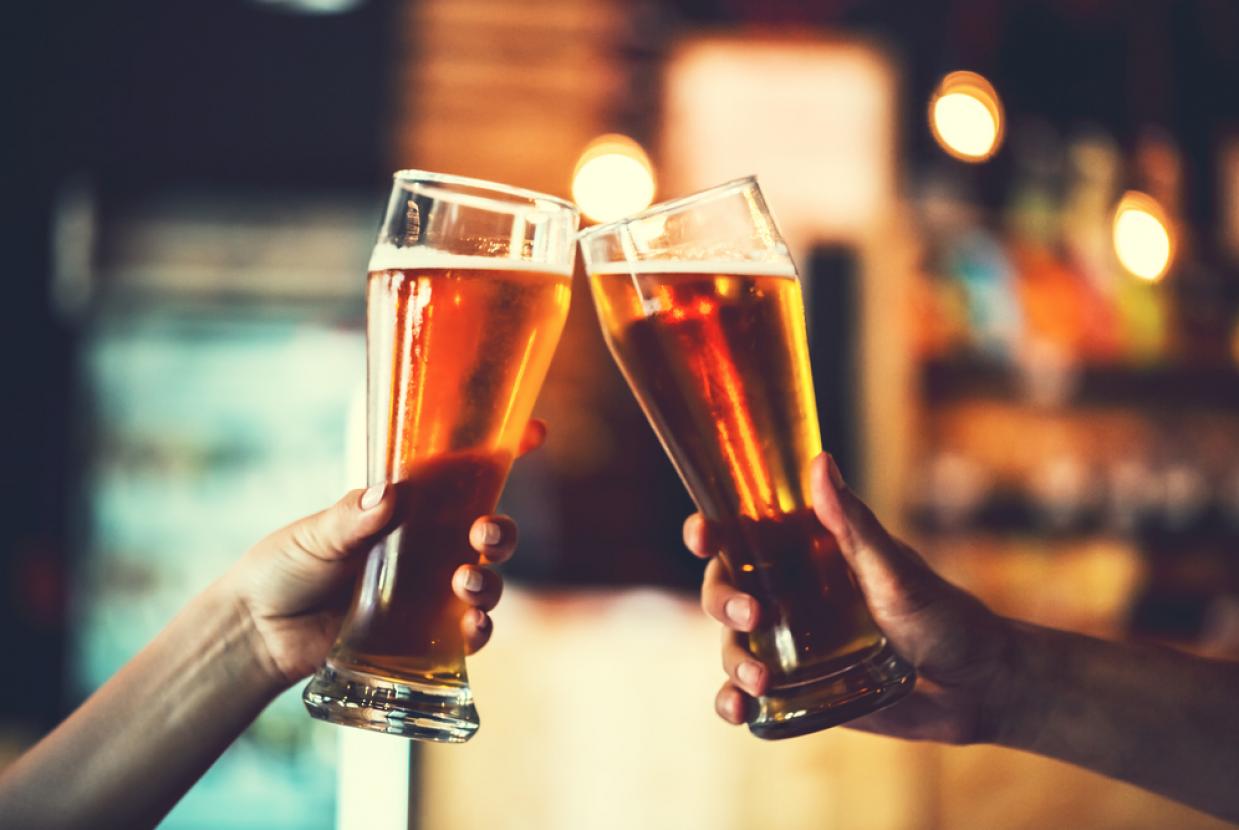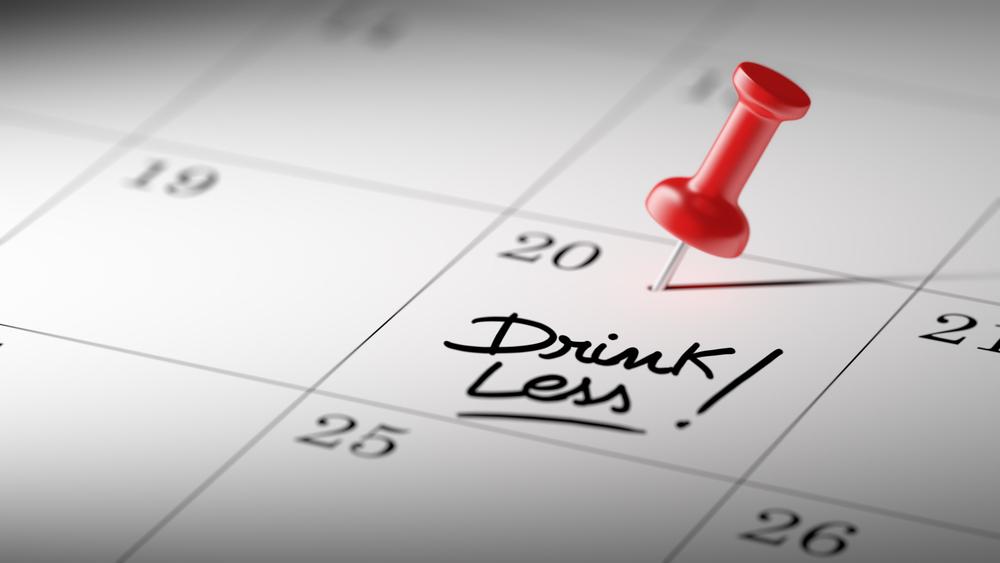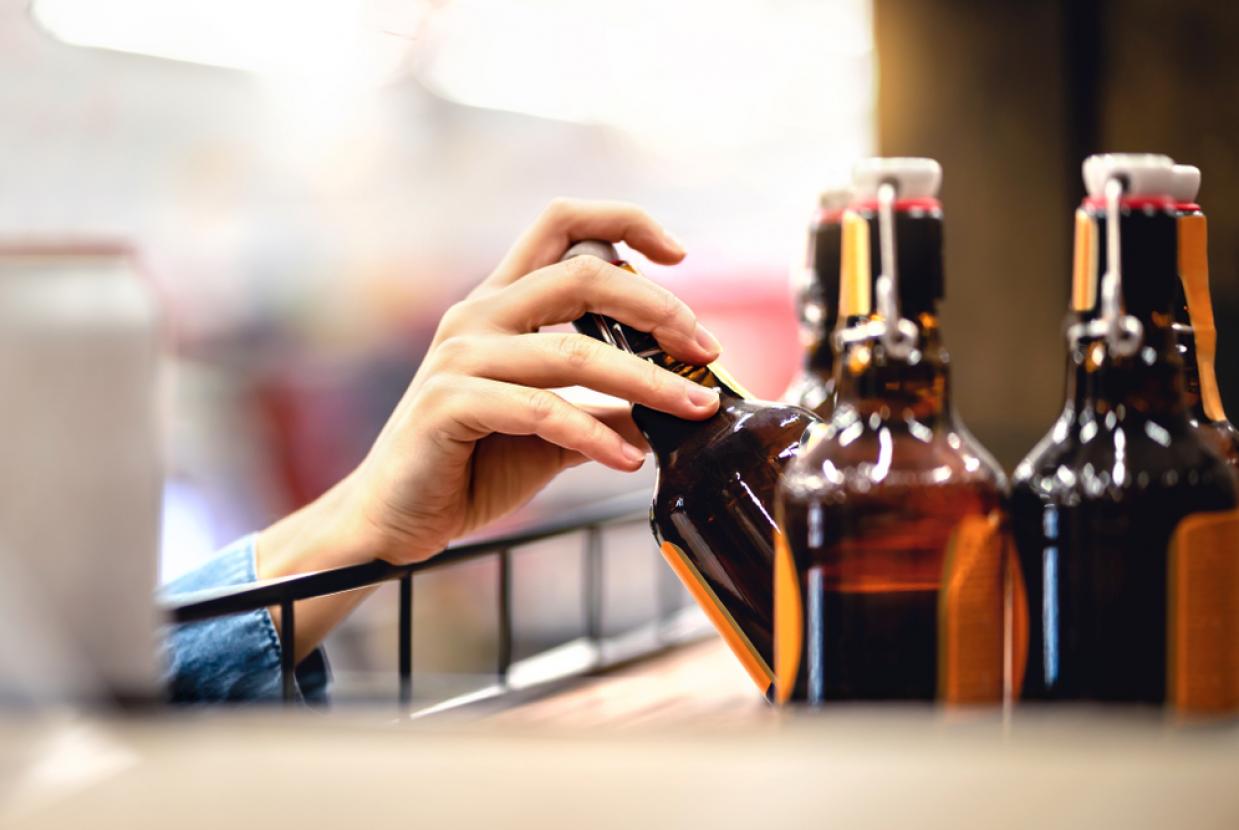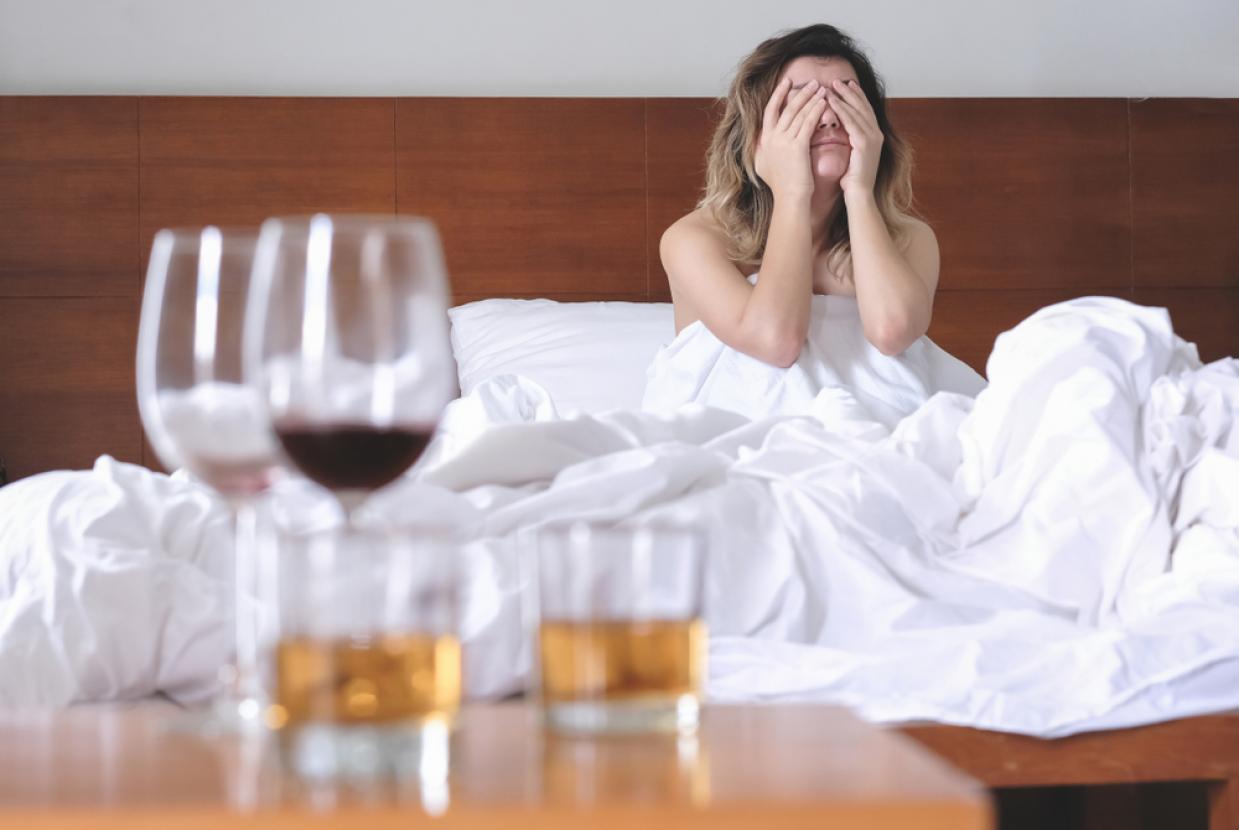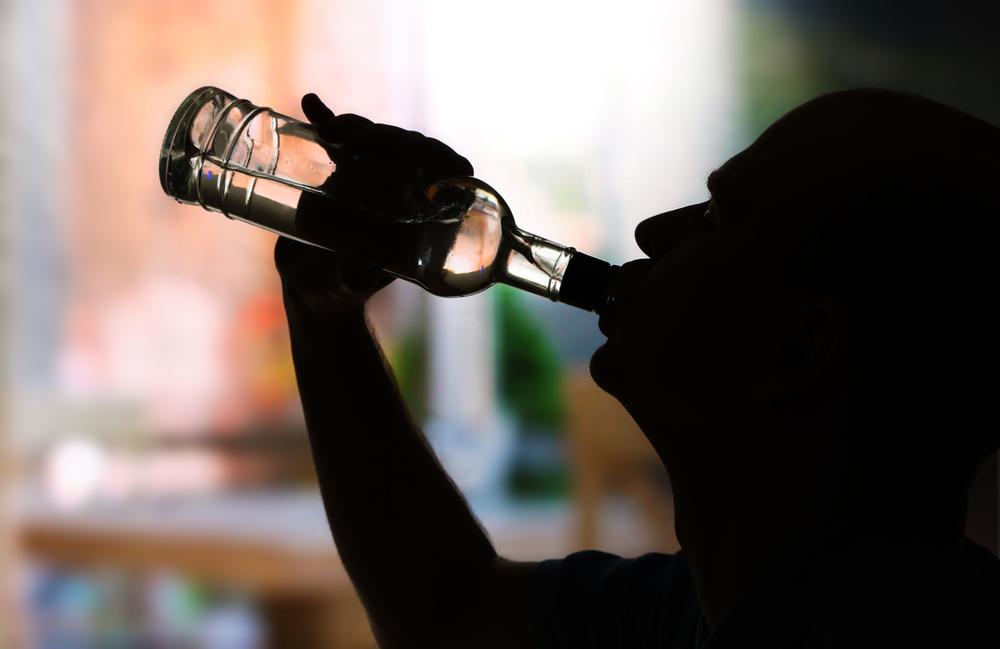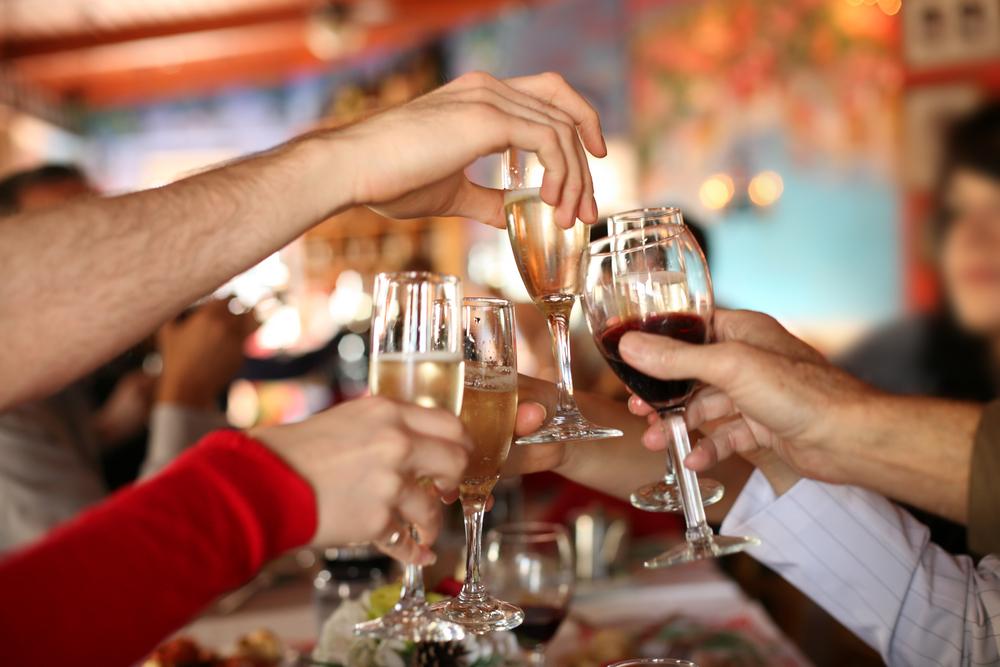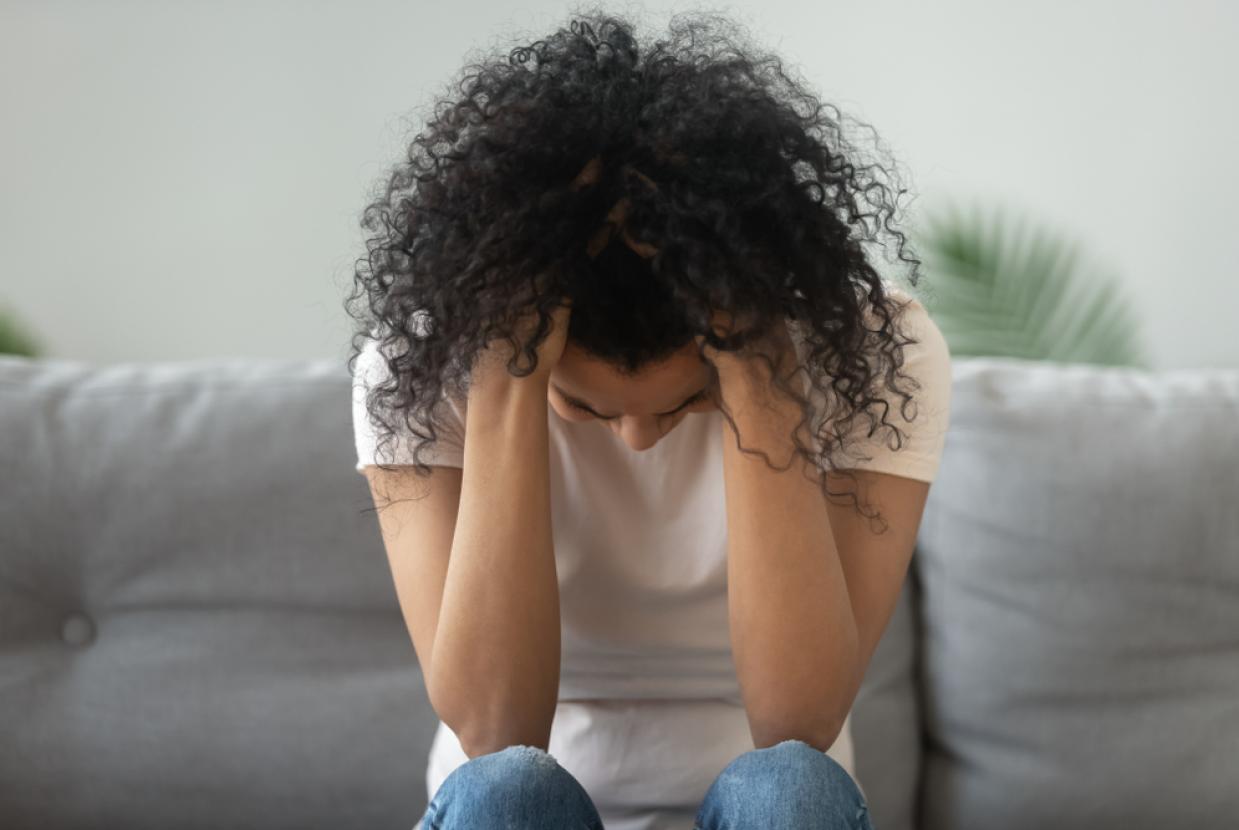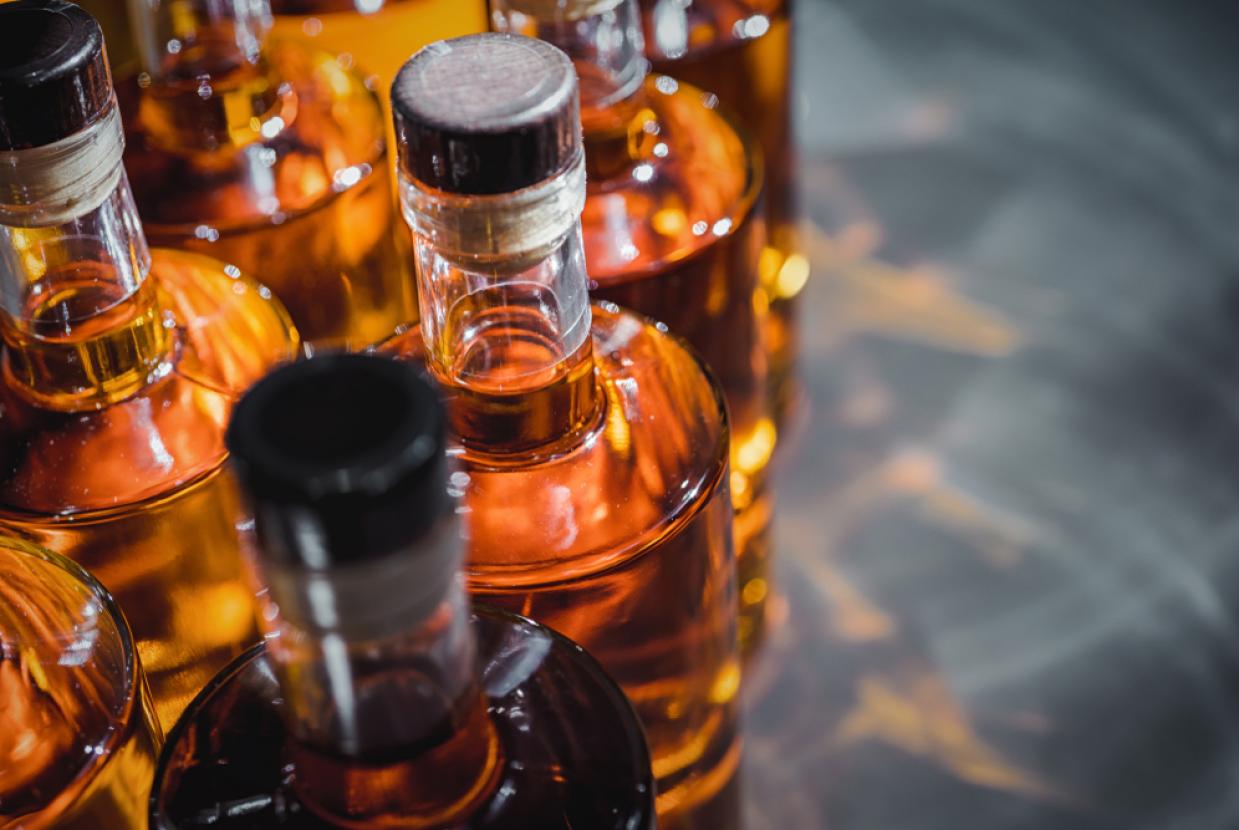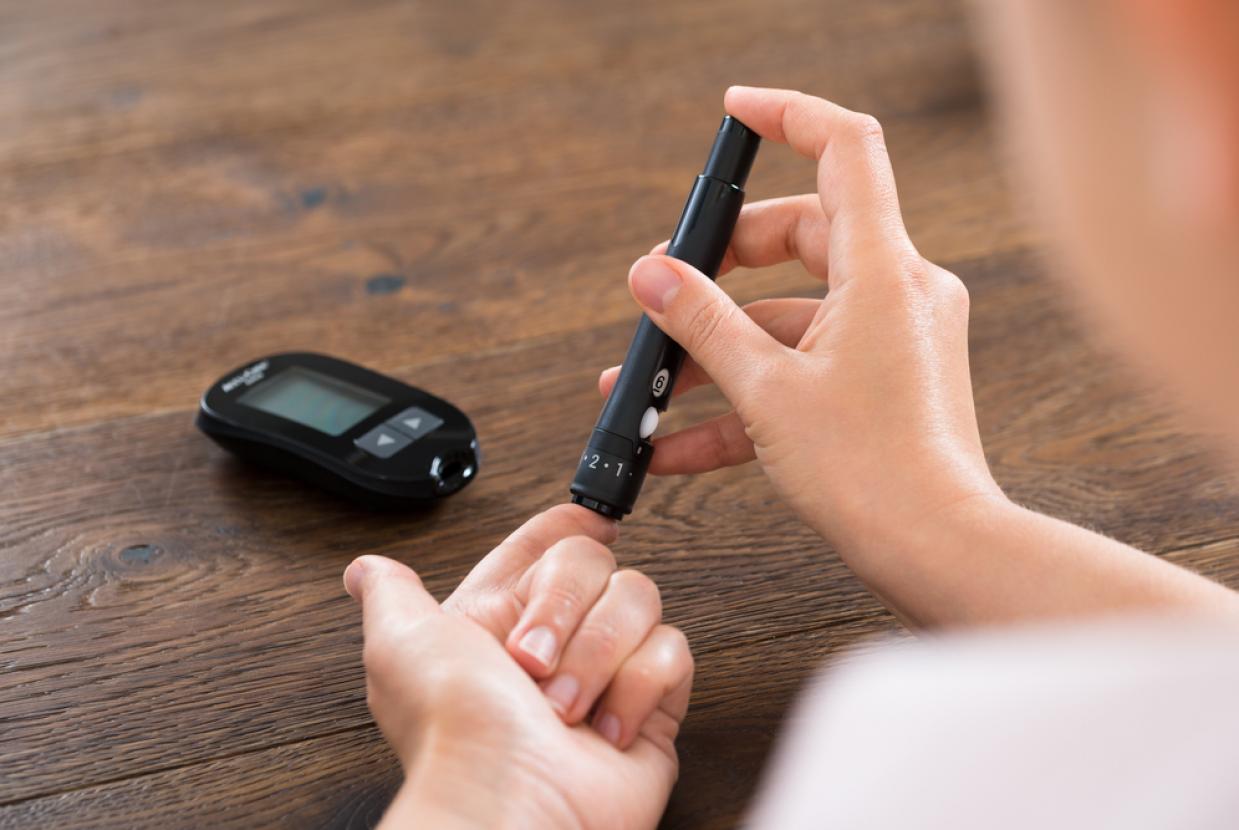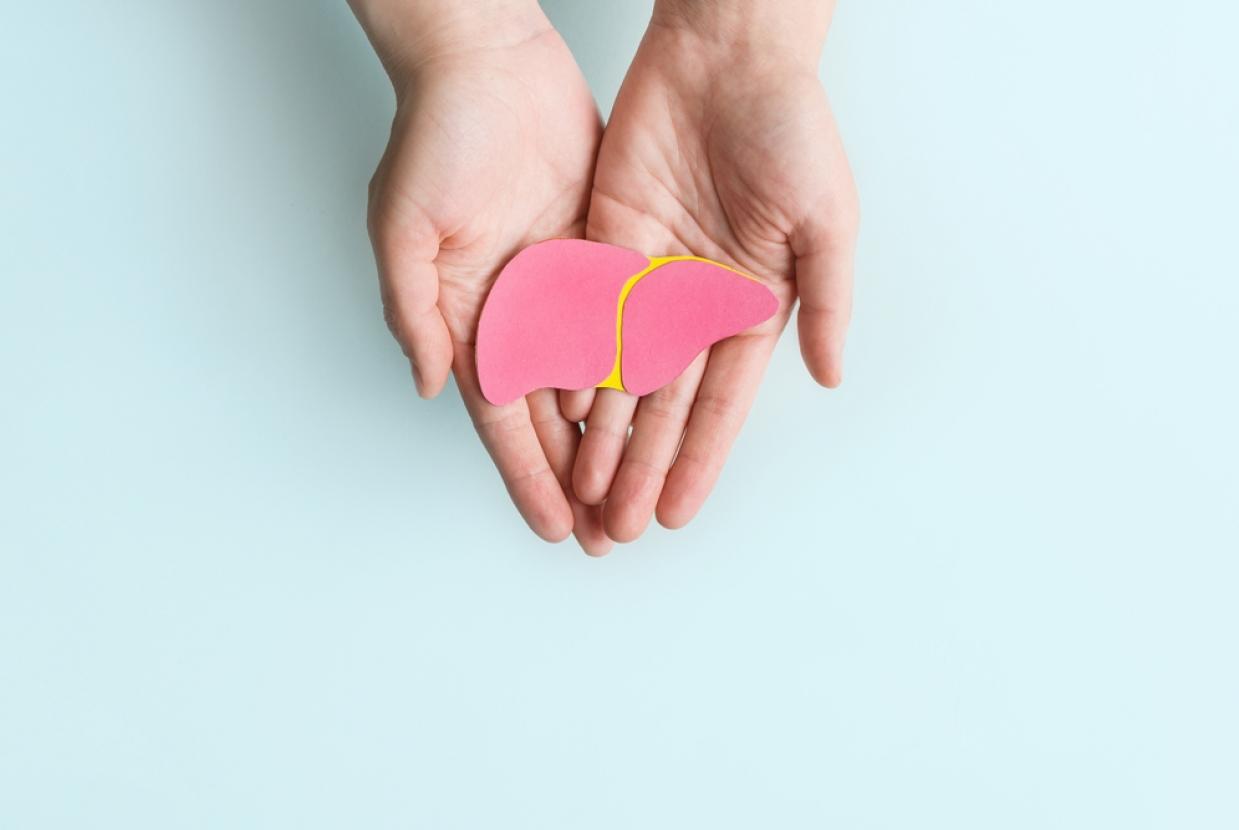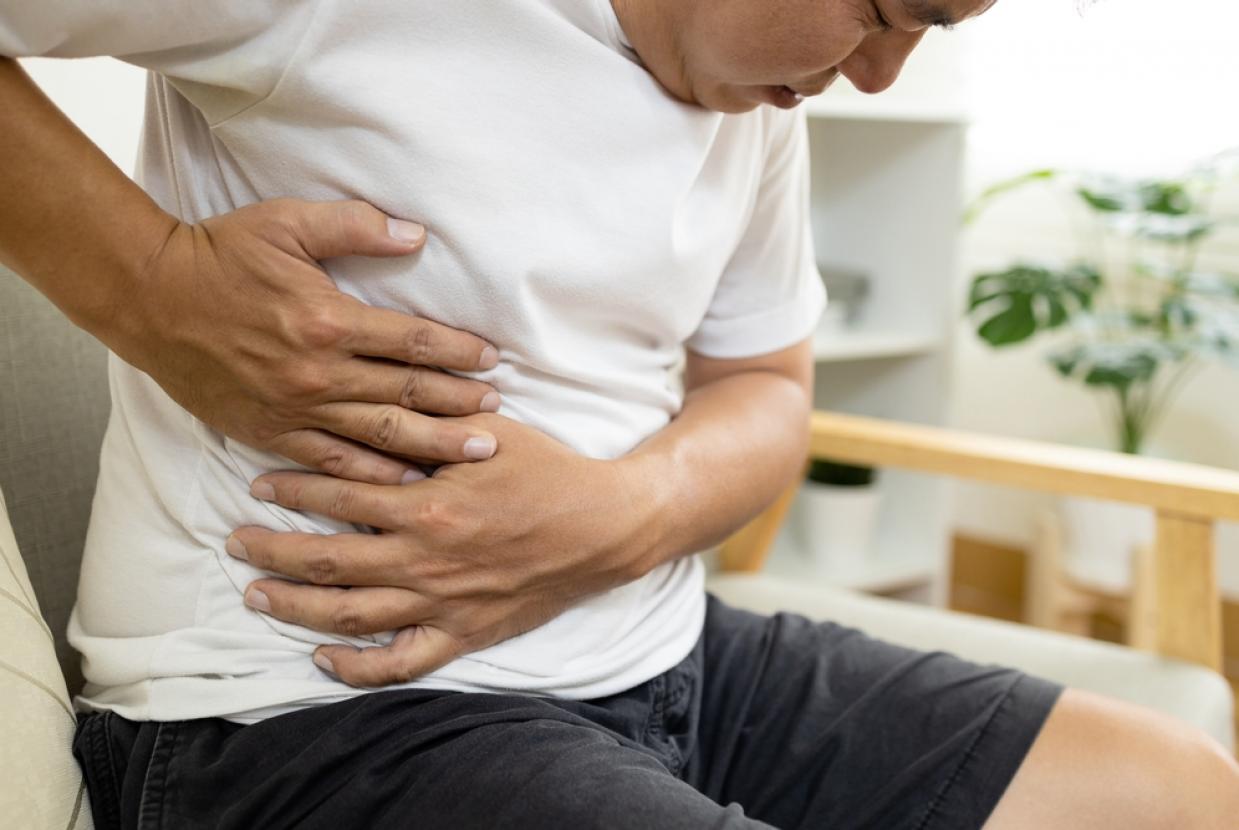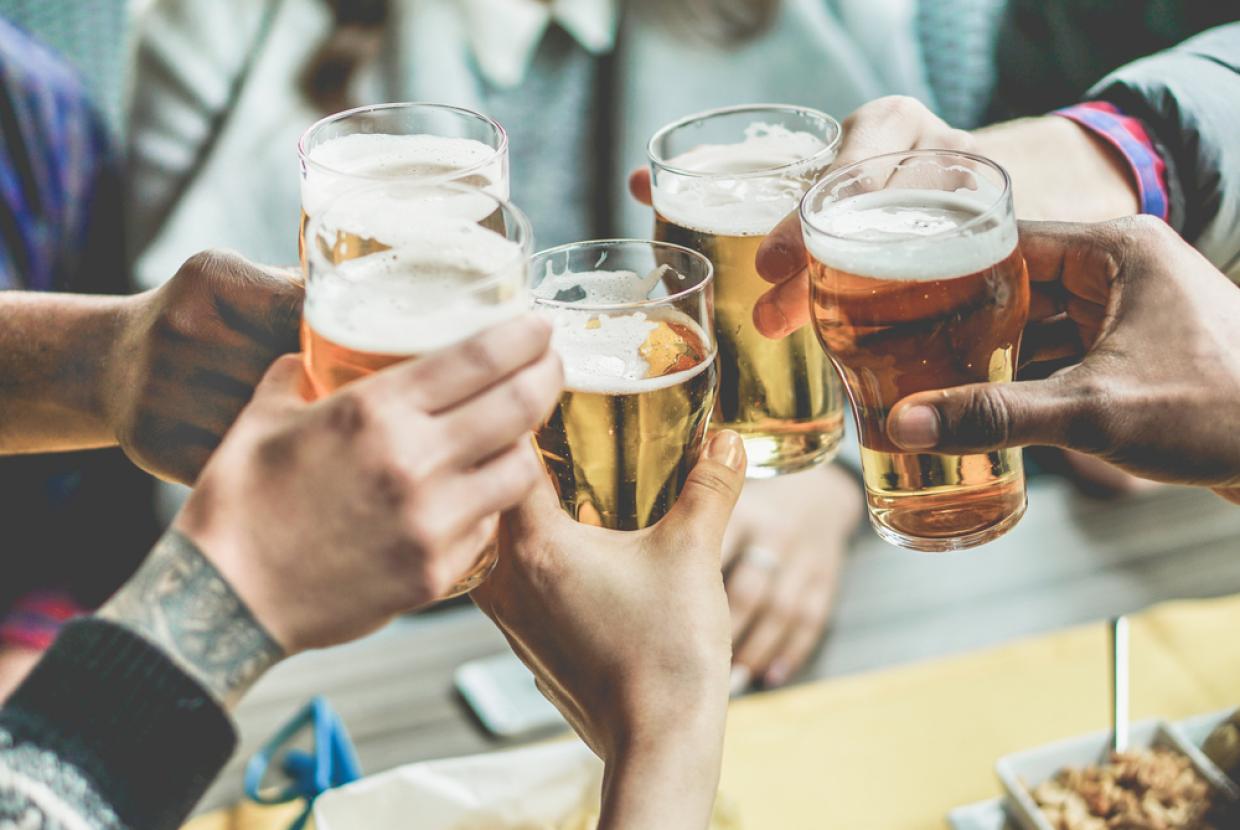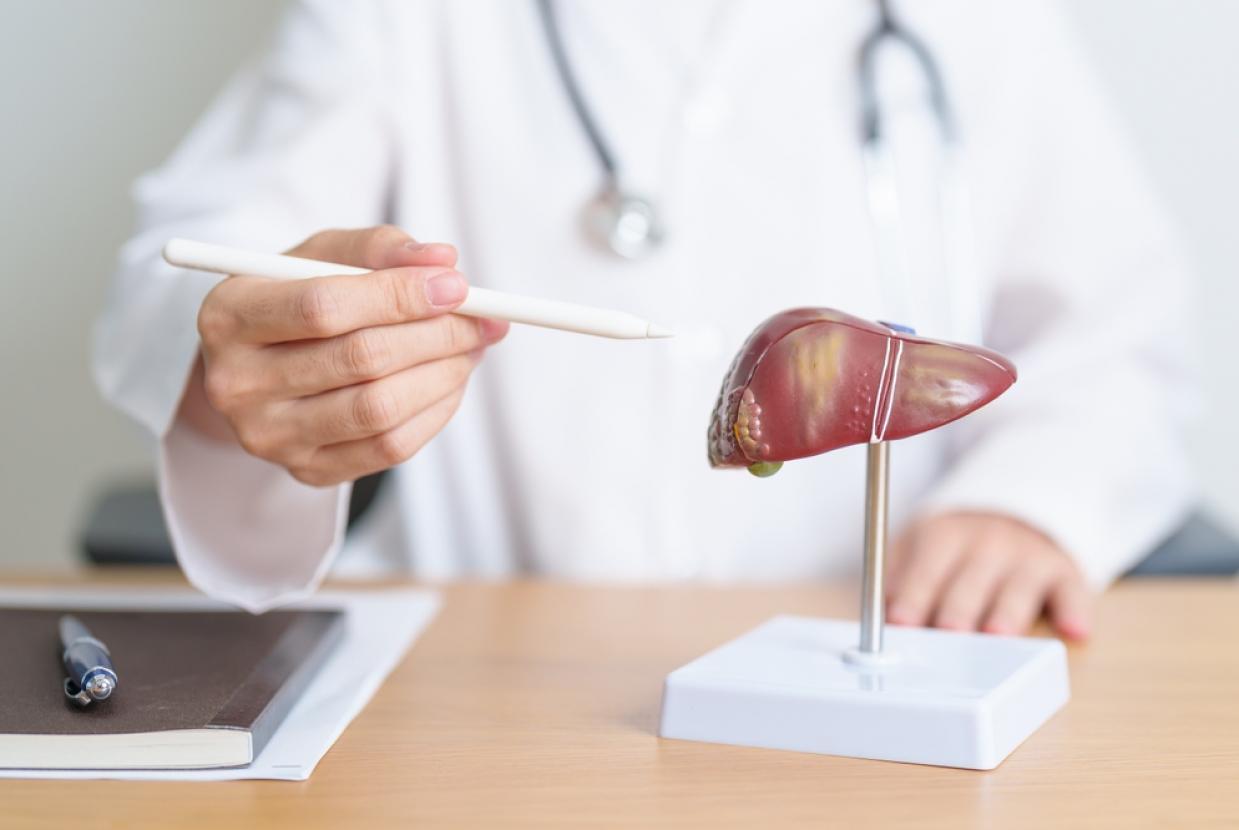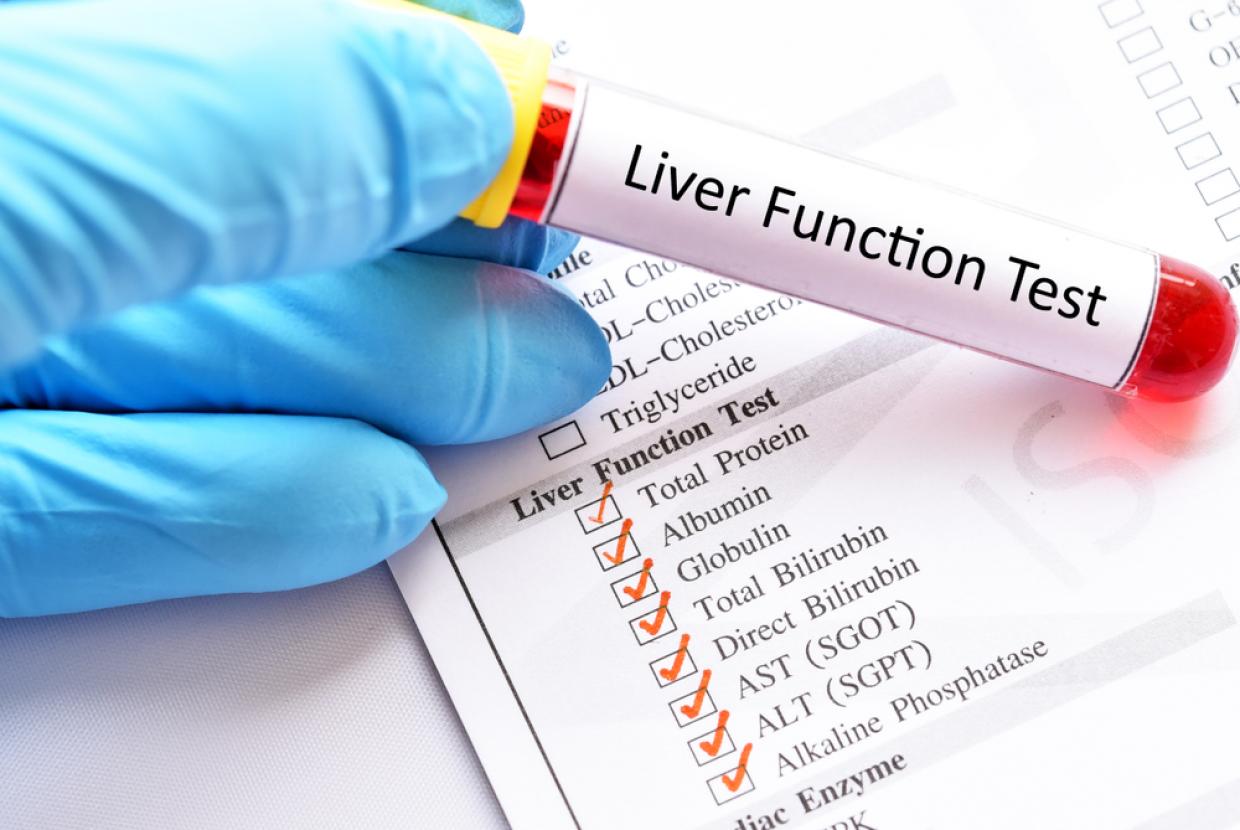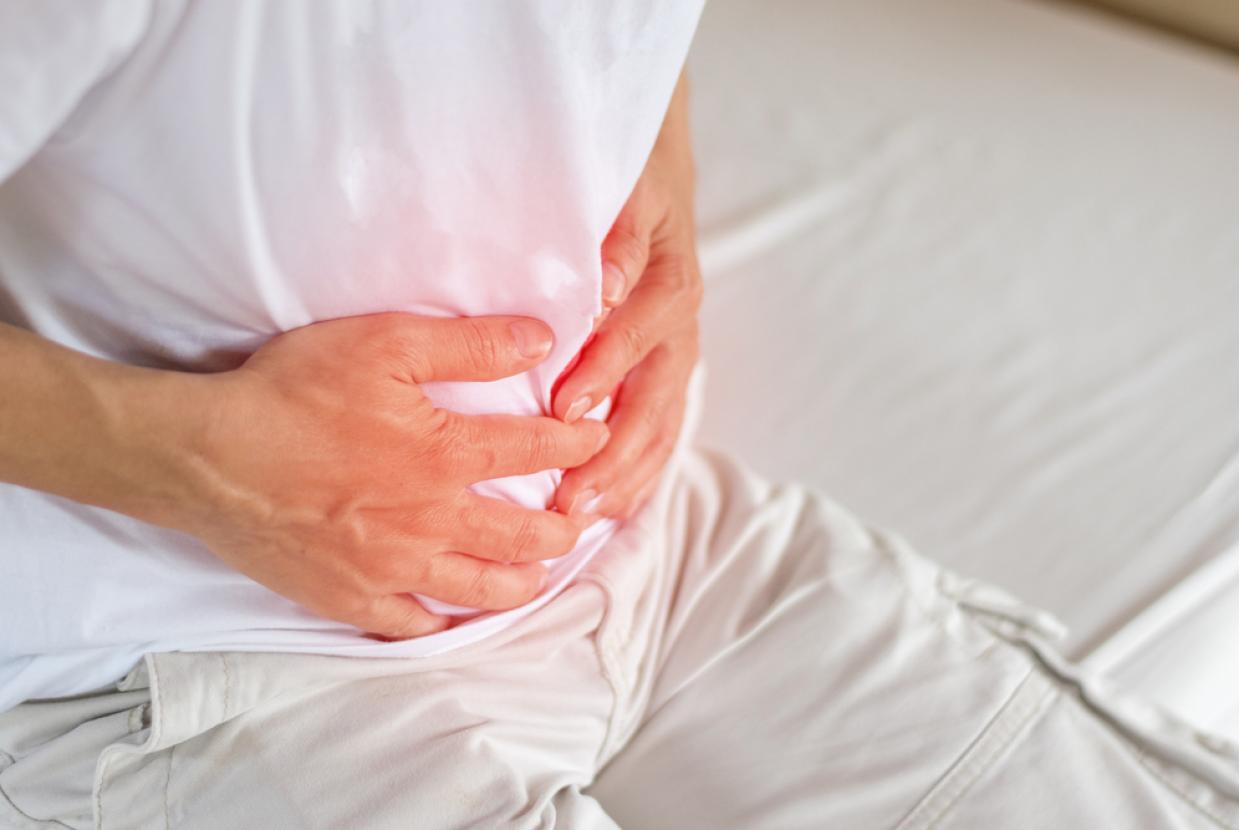Dry January mythbuster
Alcohol GuidanceLet’s hit the facts: from February bingeing to the Great British pub, it’s time to bust some myths about Dry January!
1. Does a month off in January lead to binge drinking in February?In short: nope! Although the idea of the post-Dry January binge sort of feels like it makes sense (after a month without something you enjoy, you can imagine wanting to run straight back to it), that isn’t what the evidence shows actually happens.
In fact, research by the University of Sussex with over 800 Dry January participants shows that, even six months after Dry January, participants are drinking more healthily:
- drinking days fell on average from 4.3 to 3.3 per week;
- units consumed per drinking day dropped on average from 8.6 to 7.1;
- frequency of being drunk dropped from 3.4 per month to 2.1 per month on average.
That confirms research published in 2015 which found that six months after Dry January, 72% of participants are still drinking less riskily than they were before they started the challenge.
2. Dry January is all well and good, but it doesn’t actually tackle the harm caused by alcoholWhile Dry January isn’t suitable for people at the highest risk of severe harm as a result of alcohol, it has been shown to be highly effective at helping heavy drinkers to cut down long term. In fact, the research to date shows that Dry January is more effective for heavier drinkers than moderate drinkers. This is true even for those who do not make it through the whole month without drinking.
This means that hundreds of thousands of people each year are at reduced risk as a result of Dry January, improving lives and resulting in less pressure on our overburdened alcohol treatment services.
We absolutely need more investment in our treatment services, but we also need to help people further upstream, so that fewer people need those services in the first place. Early interventions like Dry January are far cheaper than alcohol treatment, making Dry January cost effective if it goes on to help even a handful of people who would otherwise go on to need more intensive support.
Dry January normalises not drinking, and normalises taking time to address our drinking, rather than allowing it to be an unexamined and at times harmful part of the background. Dry January is, slowly, helping to challenge the significant stigma surrounding alcohol problems, and encouraging more people to seek the support they need. This ability and willingness of individuals to seek support is just as vital as the funding of the services that are there to offer support.
3. But Dry January is killing off the Great British pub!There is no denying that this has been an incredibly difficult year for the hospitality sector. But Dry January isn’t trying to stop people going to pubs, restaurants or bars. Pubs have a role that goes far beyond simply providing alcohol. They are community centres, often spaces for adults and children alike, and many now serve food, moving their purpose further away from simply selling booze.
In fact, pubs across the country get behind Dry January as they recognise the importance of helping us all to drink more healthily, and to emphasise their role beyond just alcohol. They do this by expanding and promoting their alcohol-free drinks offering, focusing on food and much more besides. We’d encourage anyone taking on Dry January to enjoy the things they enjoy – just without the alcohol. So if you want to go to the pub during Dry January (local restrictions permitting, of course) go for it!
4. But shouldn’t we be drinking less year-round, not just one month a year? It’s all about moderation.While it’s true that year-round moderation is certainly much, much healthier than cutting out alcohol for a month and bingeing on either side, those aren’t the two options. As we said earlier, evidence has shown that a Dry January helps people to drink less year-round.
A month without alcohol such as Dry January teaches people that they don’t *need* alcohol for anything they thought they needed it for. They learn how to relax, socialise, unwind, destress and treat themselves without a drink. That realisation is a powerful thing. It means that for the rest of the year having a drink can be a choice – not a default. And that makes drinking less for the rest of the year much, much easier.
The long and short of it is that Dry January isn’t about January. Sure, the benefits during the month are great but it’s the benefits that last us all year round that make the real difference to our health and happiness.


